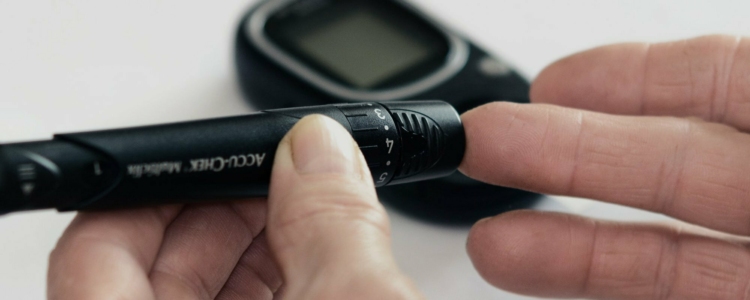Conditions
Adjusting a doctor’s prescription to achieve therapeutic targets can be done for the following conditions:
- Essential hypertension
- Dyslipidemia
- Hypothyroidism
- Non-insulin dependent diabetes
- Migraine (prophylaxis)
- Medication serum level
- Anticoagulant therapy
Why make an adjustment?
Adjustments can be made to medication dosages to reduce side effects, manage interactions between two medications or ensure that the timing of the dose fits into your lifestyle. In every case, adjustments to prescriptions are always done in your best interest.
When should you make an adjustment?
Your pharmacist can adjust a prescription when they receive it, or, depending on the circumstances, during treatment.
Will I be informed of any changes?
Of course! If your pharmacist judges it necessary to adjust your doctor’s prescription, they will let you know and explain the reasons why it was done. They are also required to inform your doctor of any changes and note them in your file.
In short
Your pharmacist will analyse your prescription and evaluate the need to adjust it.
- They will meet you to assess the situation.
- They will decide and document their decision.
- If applicable, they will write and prepare the adjusted prescription.
- They will notify your doctor.
- They will follow up with you.
*Certain categories of medication are excluded and only pharmacists who have successfully completed the mandatory statutory training given by the Ordre des pharmaciens du Québec can make these types of adjustments. Your pharmacist may not be able to perform this activity in the near future.
Don’t hesitate to talk to your Accès pharma chez Walmart-affiliated pharmacist about any questions you may have about this service.





